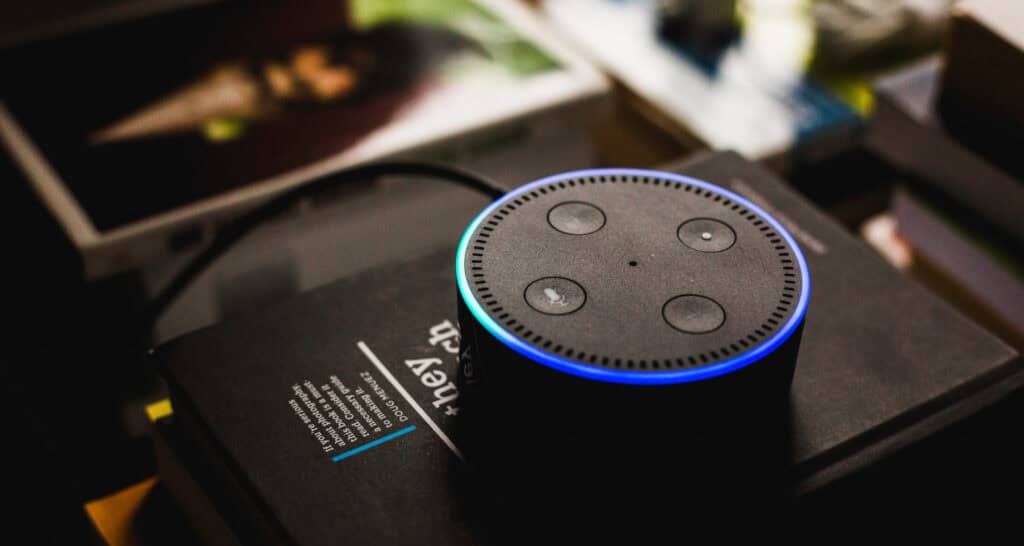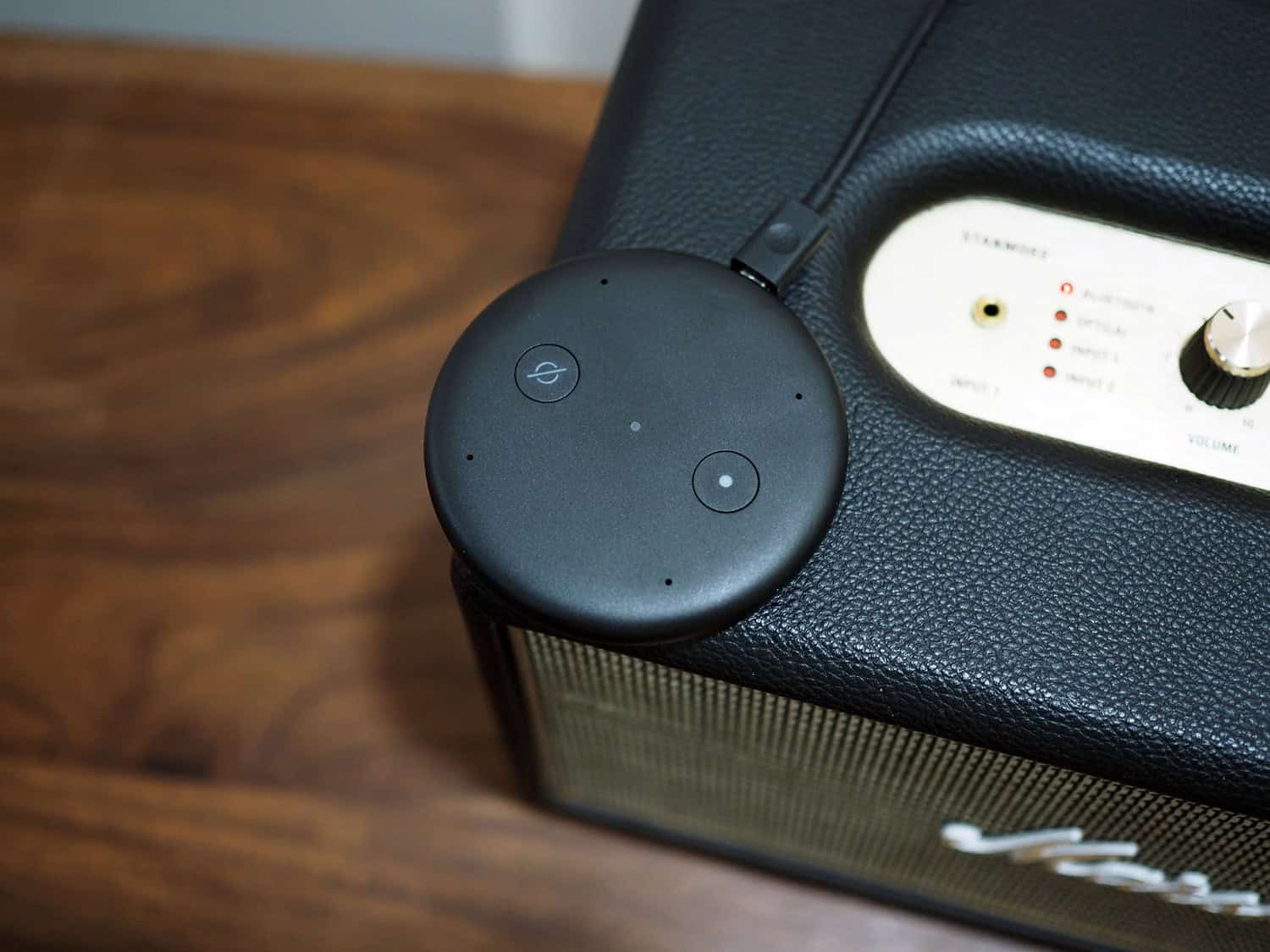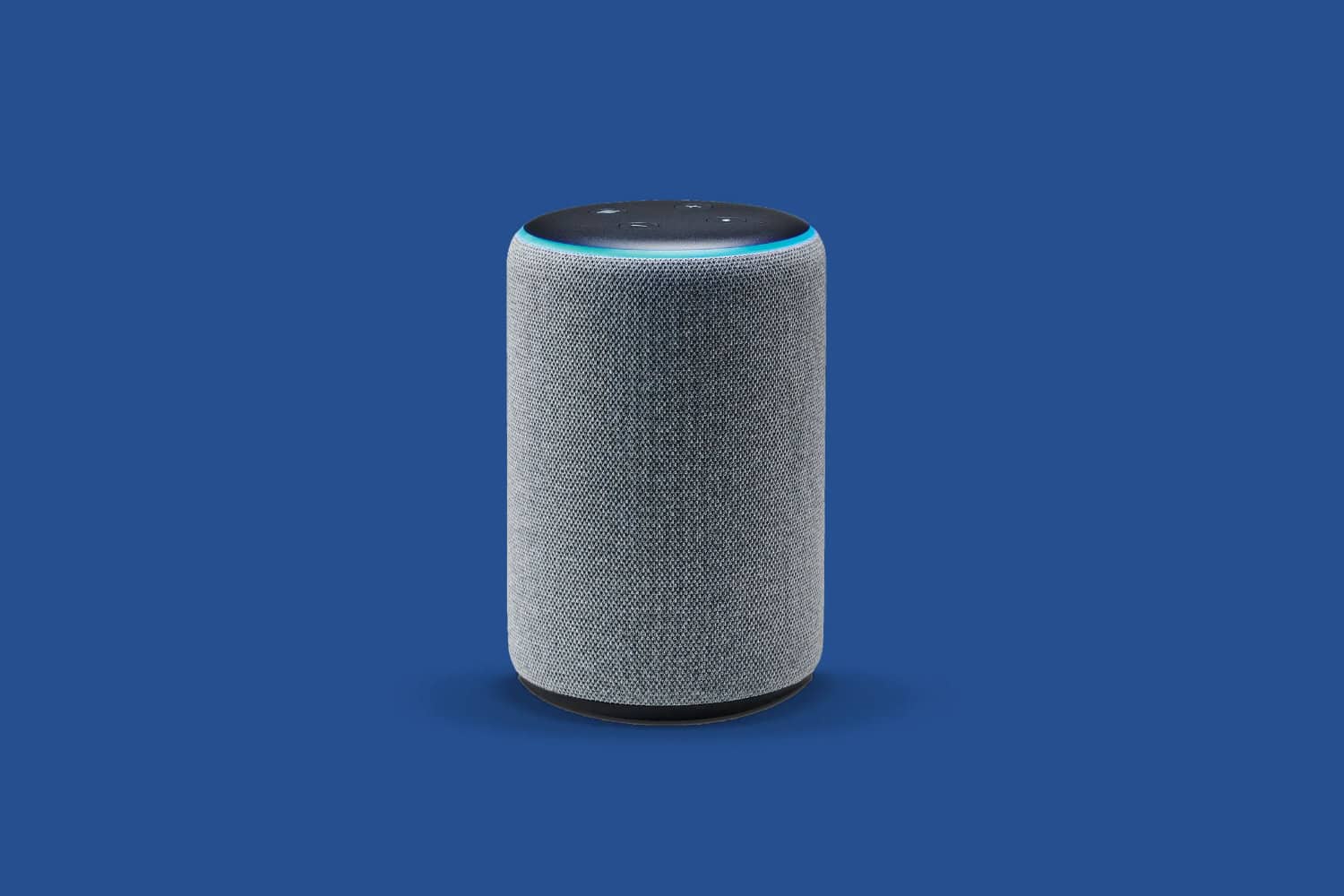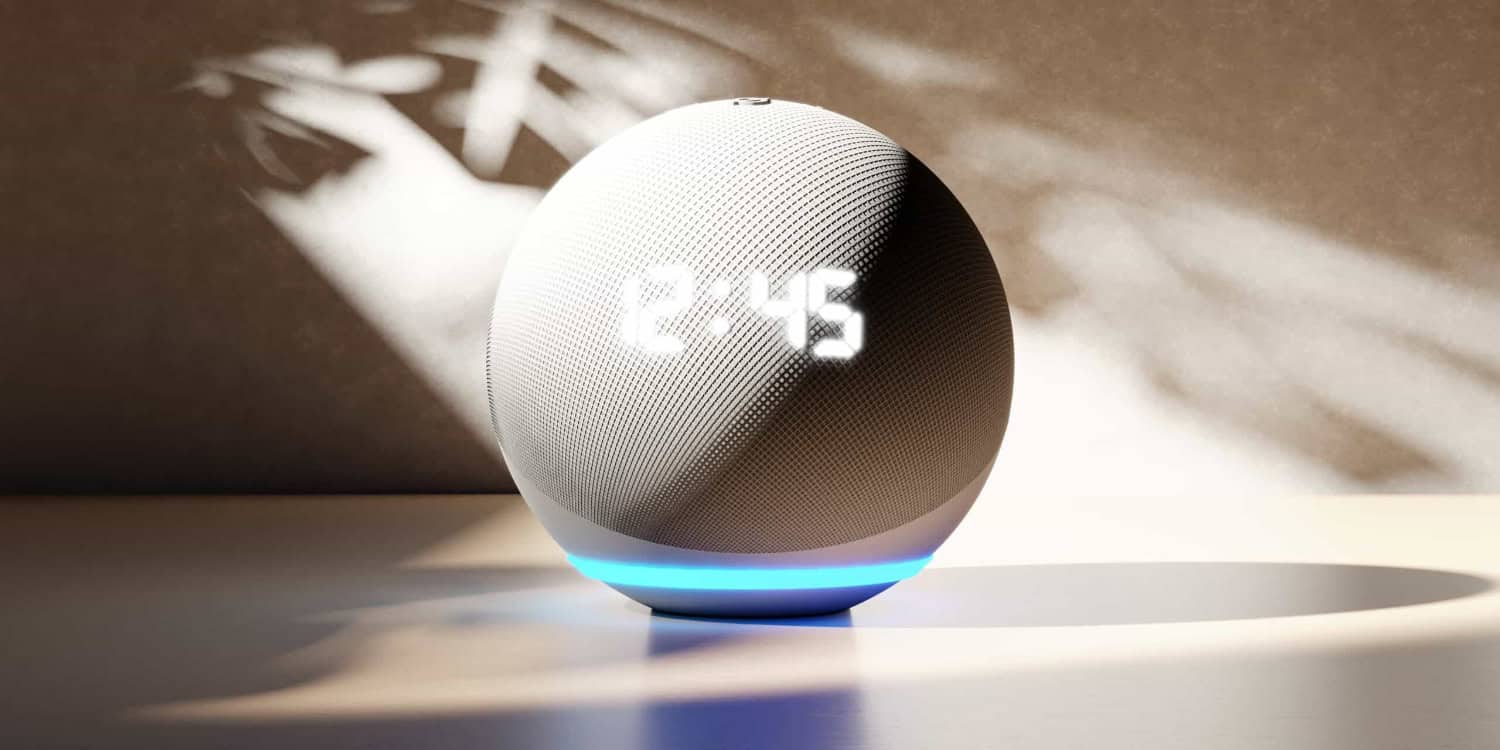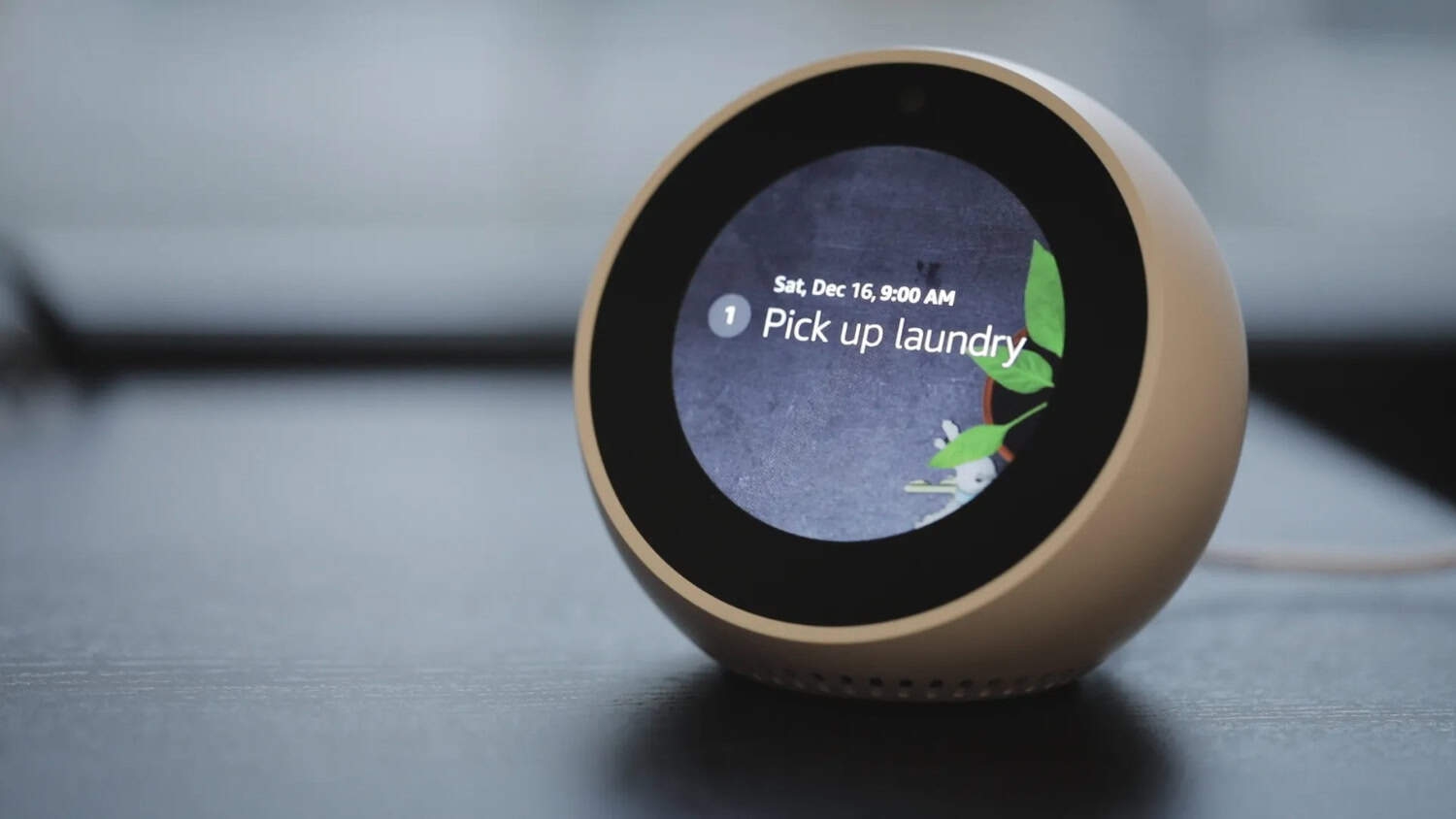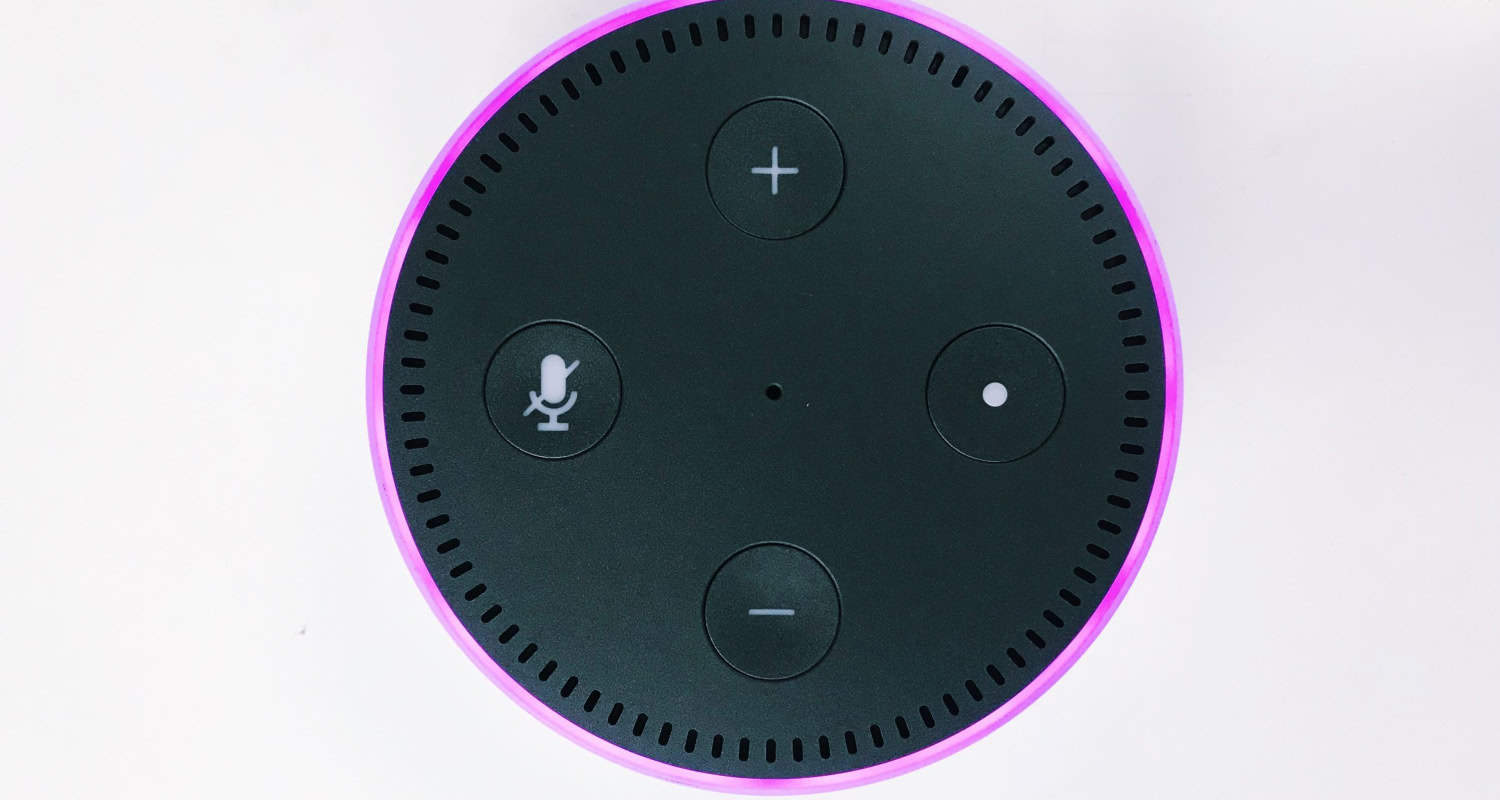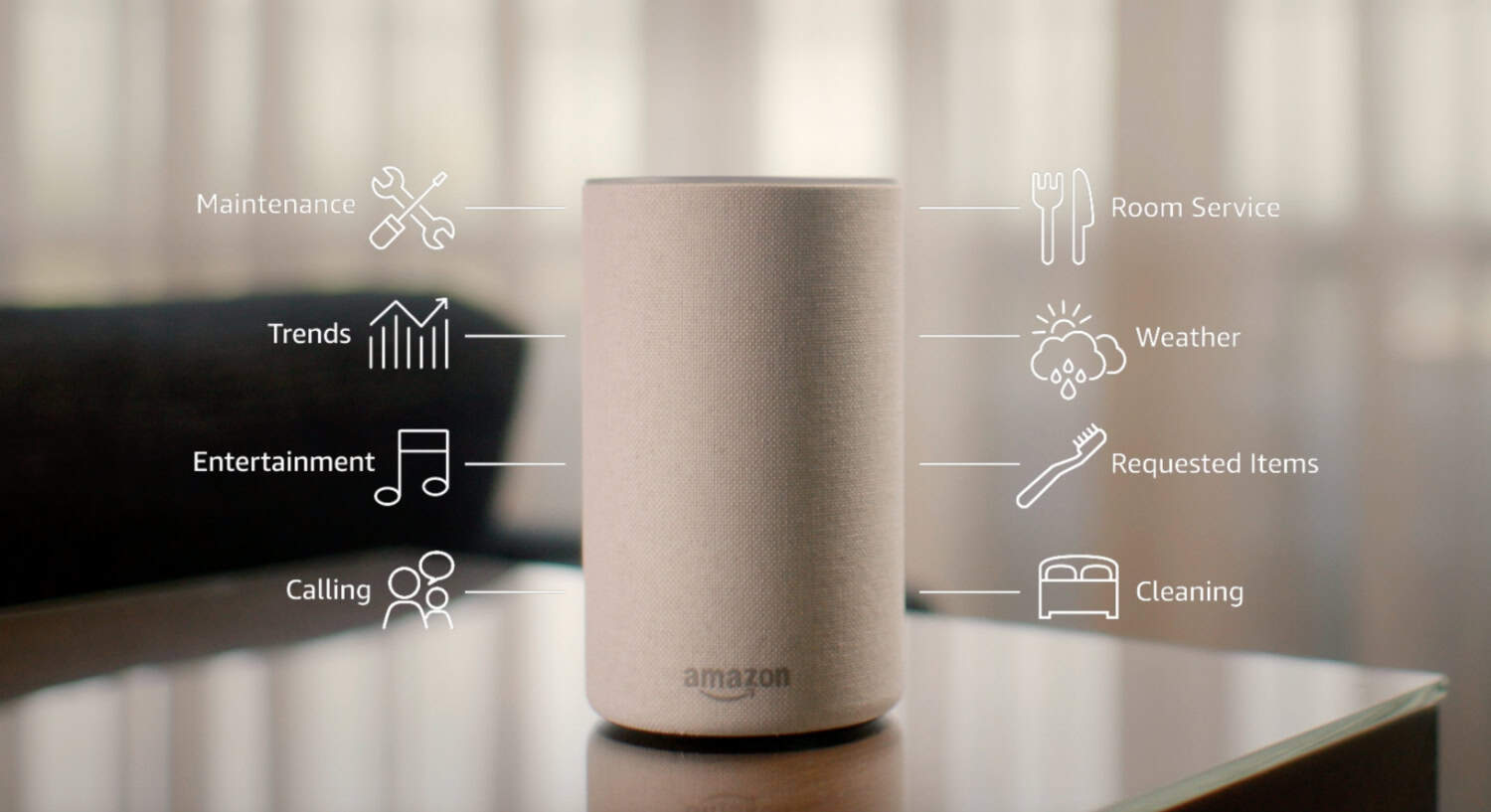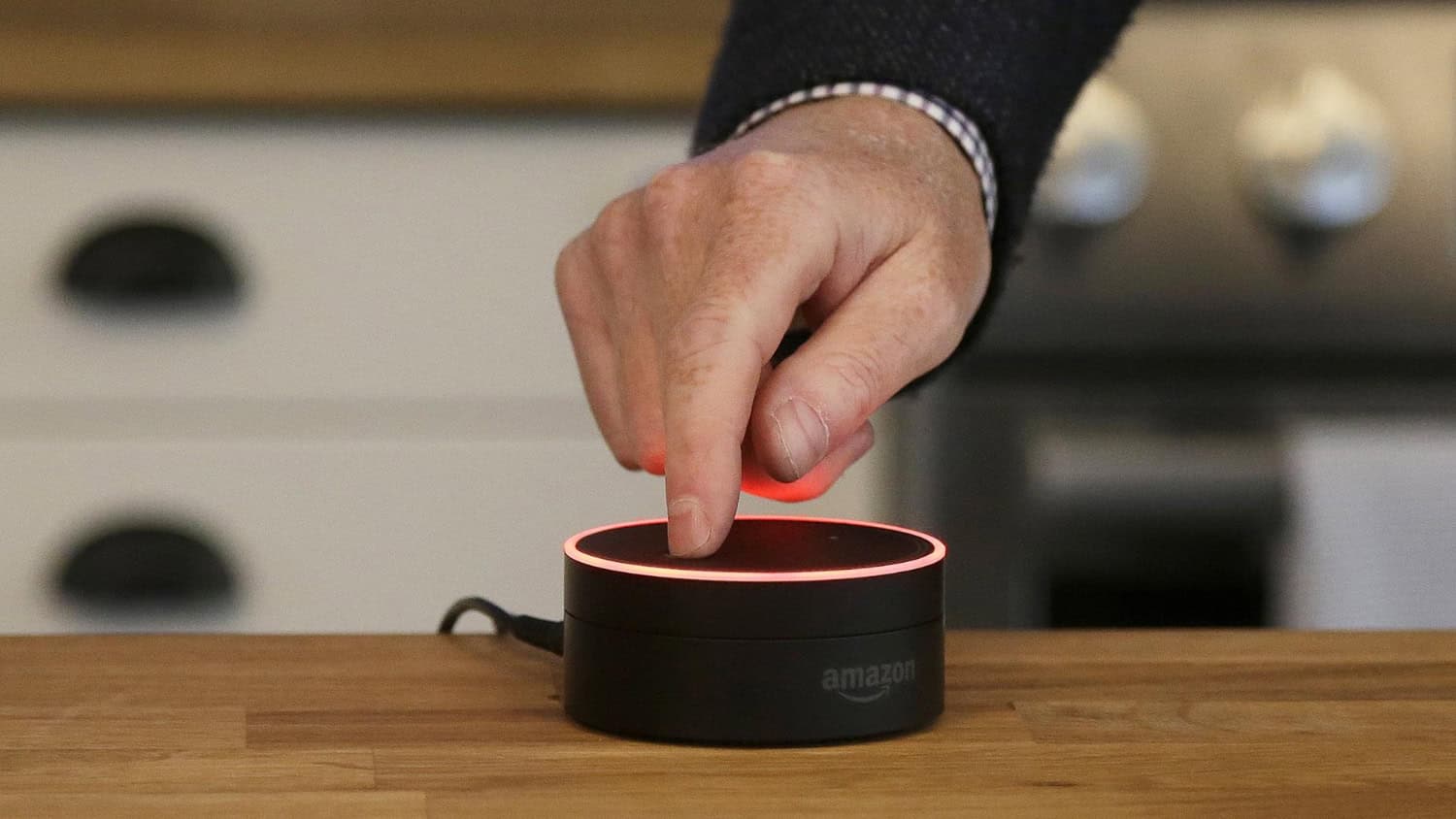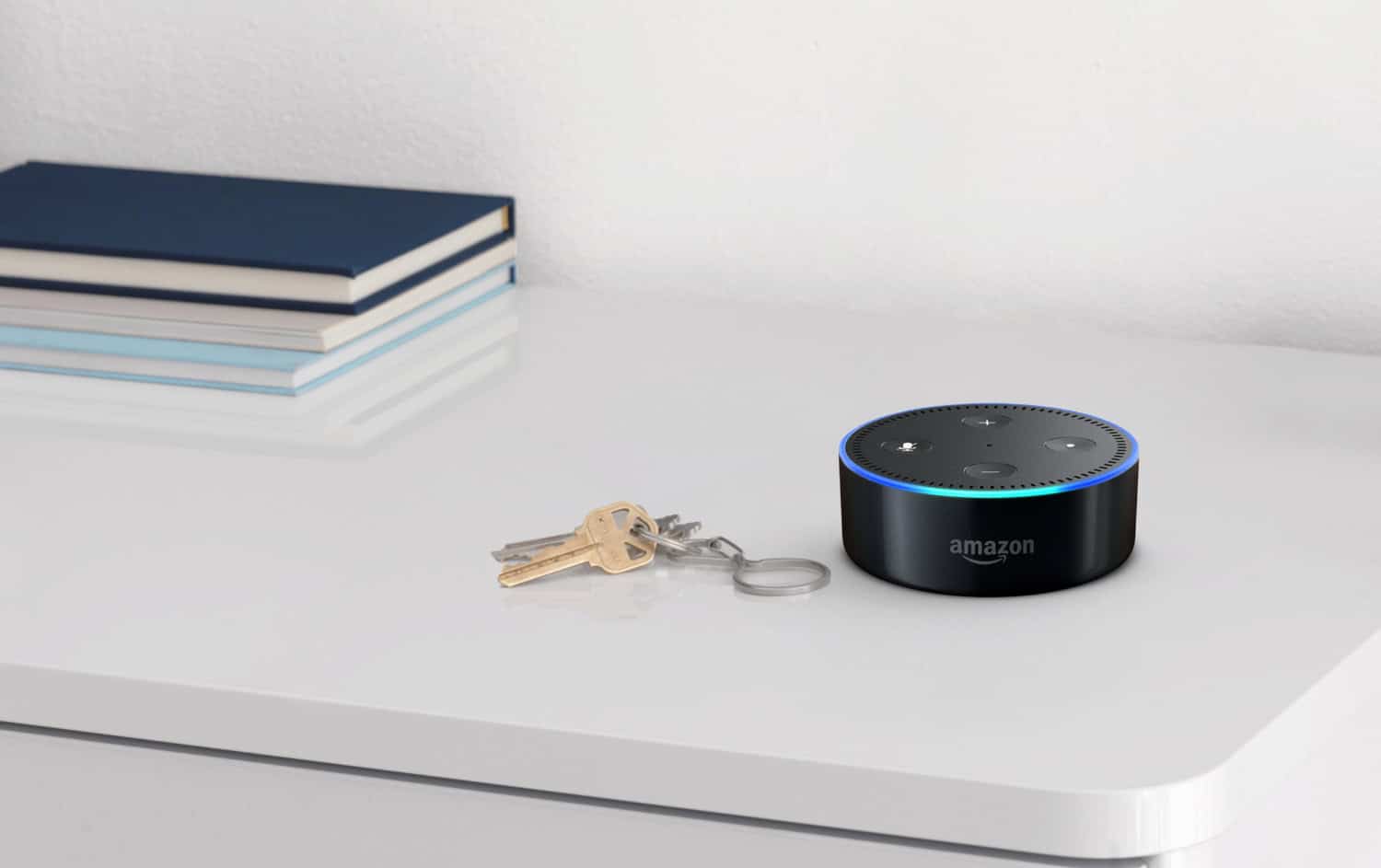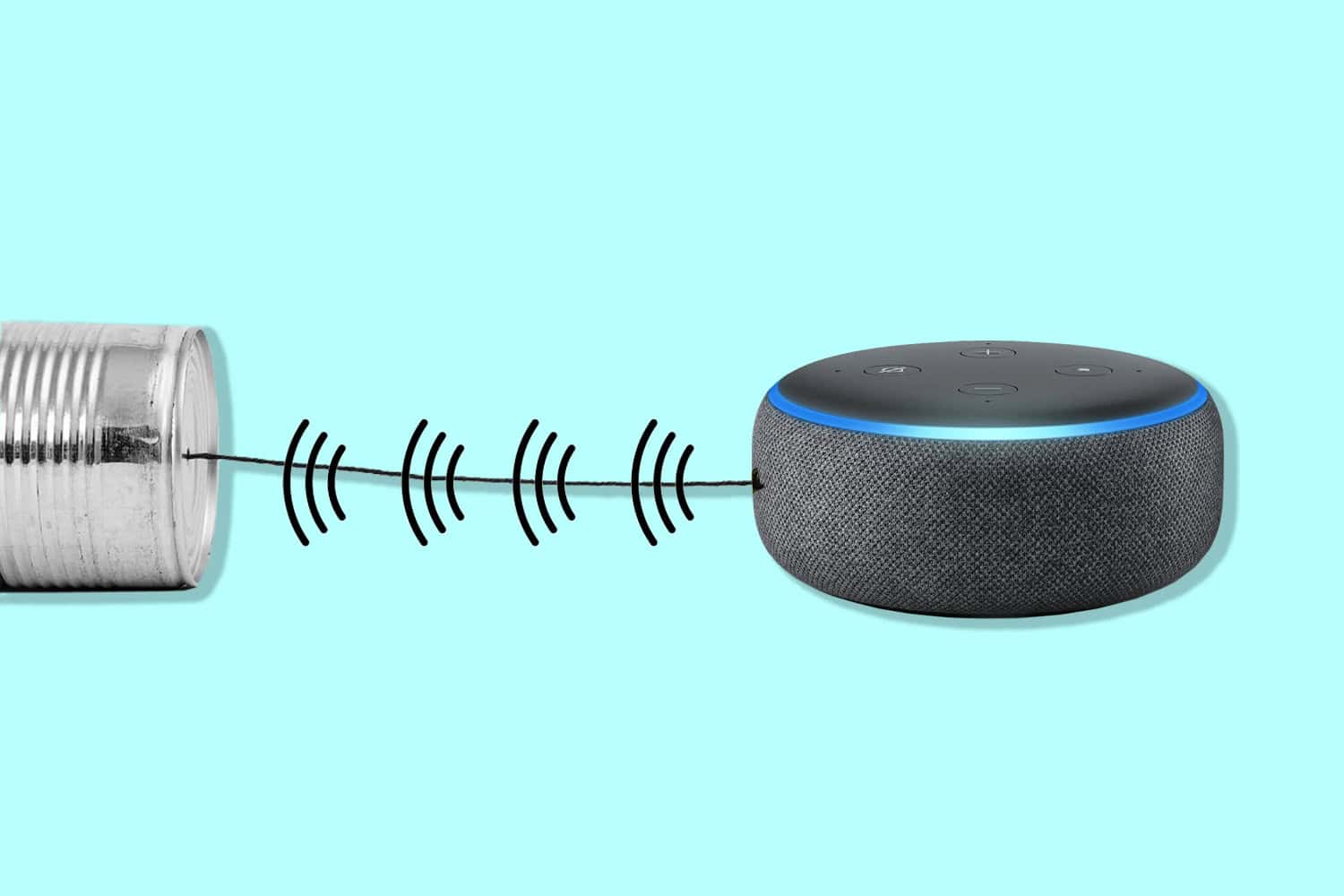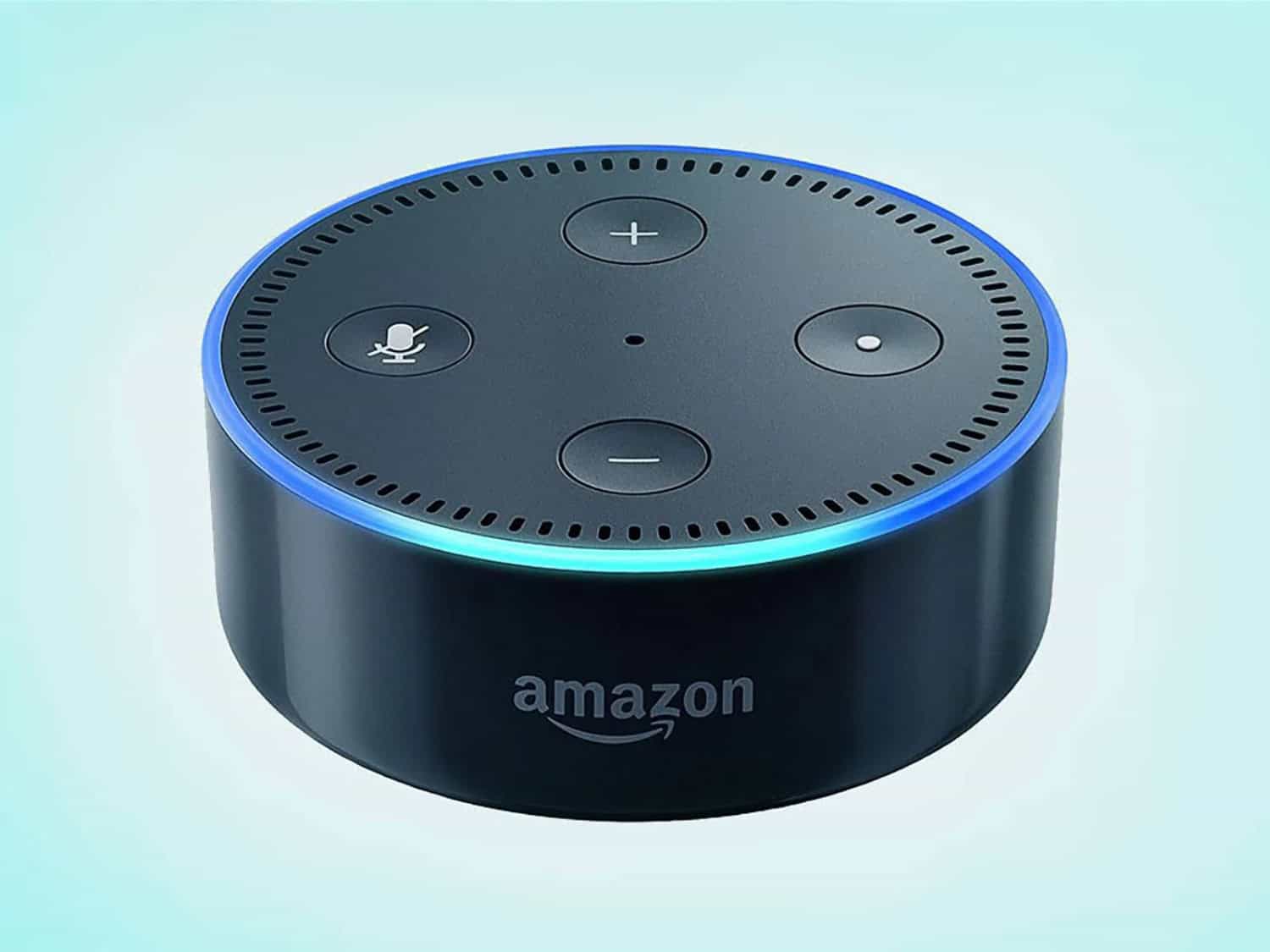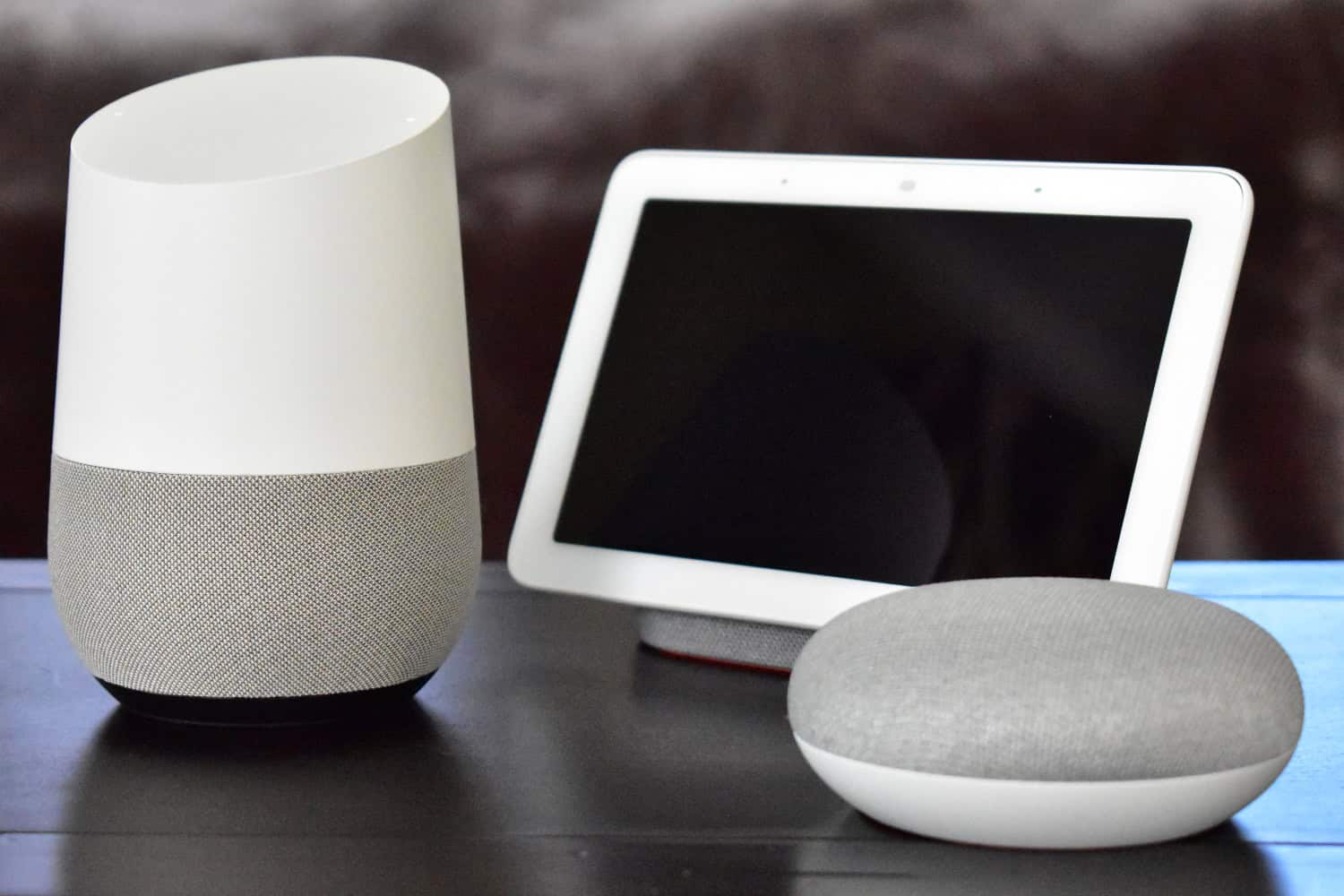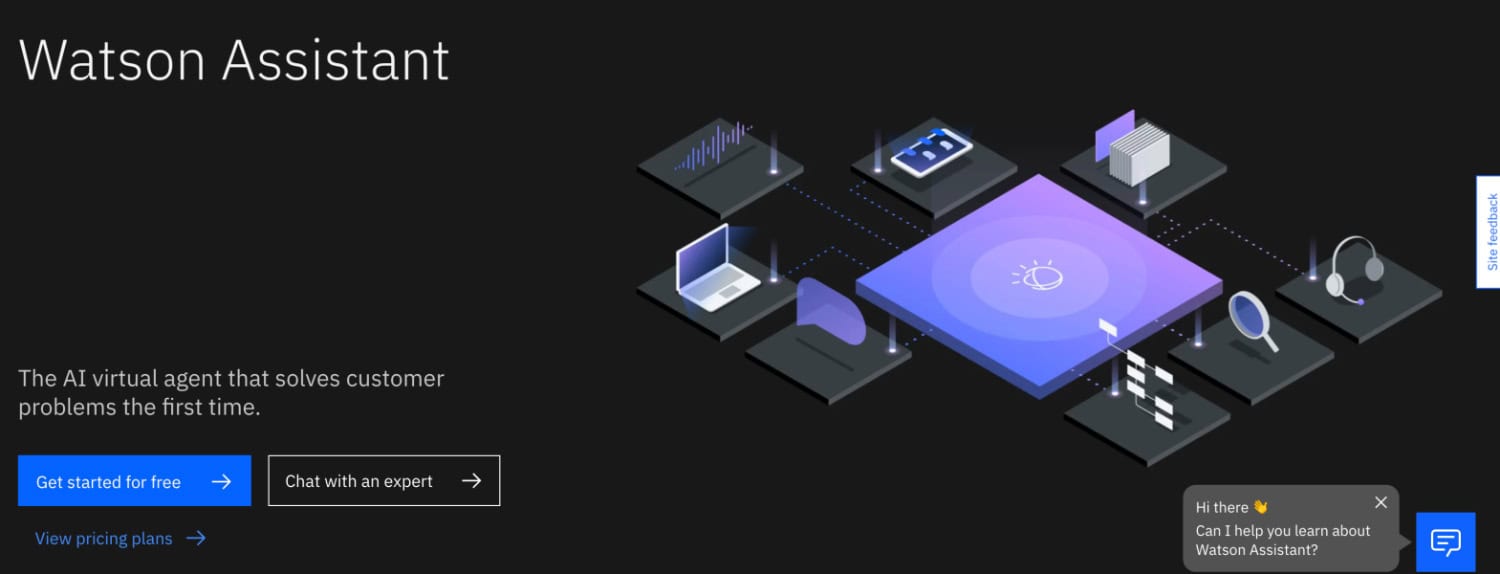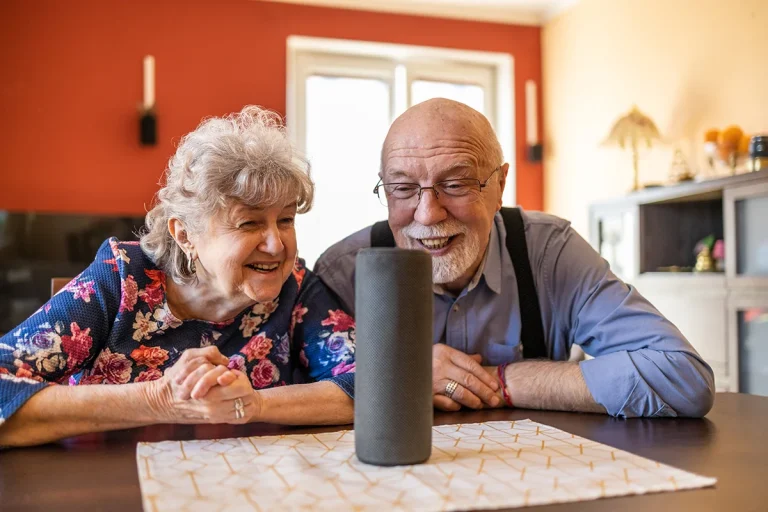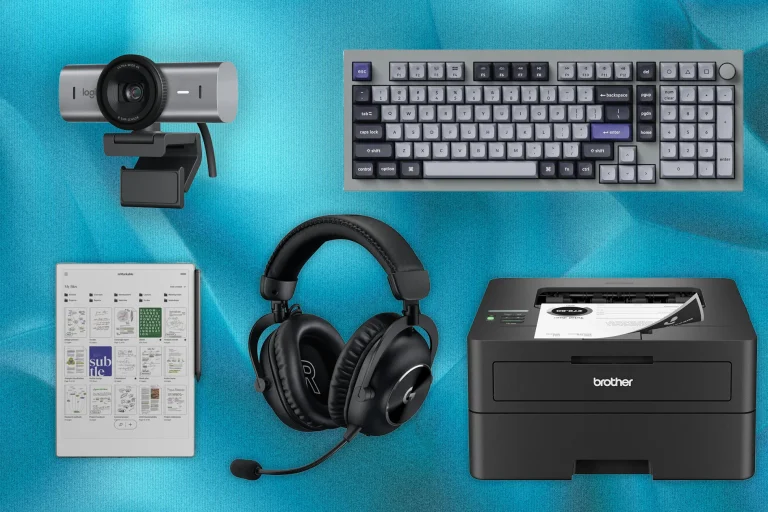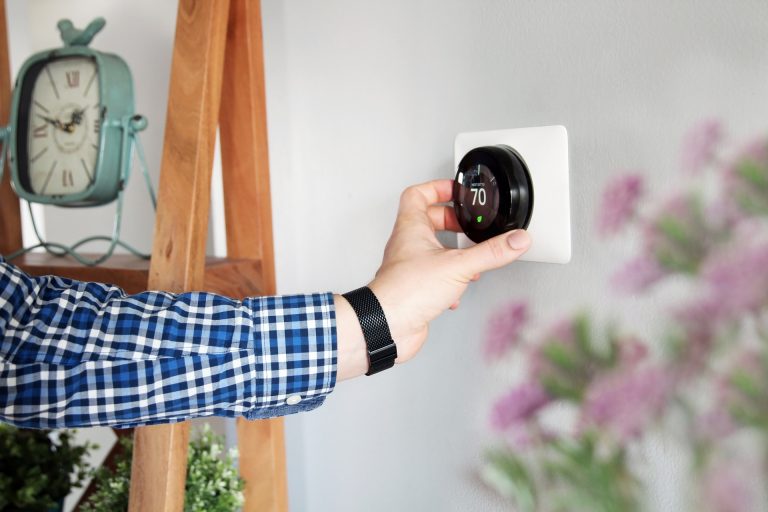Unbiased Review: Pros And Cons Of Alexa In 2024
Amazon developed Amazon Alexa, a voice-activated virtual assistant. It’s part of Amazon’s Echo line of smart speakers and devices, designed to interact with users through natural language processing and artificial intelligence. Launched in 2014, Alexa has become a prominent player in innovative home technology and virtual assistants. Thus, it becomes crucial to be aware of the pros and cons of Alexa.
Alexa revolutionizes technology by utilizing natural language processing and voice recognition capabilities, making it accessible to those uncomfortable with technology. With constant improvements and updates, Alexa manages homes and appliances with privacy as its top concern. It heavily relies on the Internet for improved functionality, and functions are restricted without Amazon Prime membership. Alexa offers a user-friendly way to operate devices, access information, and manage various aspects of life using voice commands.
In this era of interconnectedness, Amazon Alexa stands as a beacon of innovation, shaping how we integrate technology into our everyday routines. After reading this article, you will know what Amazon Alexa is. It will also highlight the pros and cons of Alexa, making it easier to decide whether to go for Alexa.
See Also: Why Is My Alexa Beeping Continuously?: Causes And Solutions
What is Amazon Alexa?
Natural language processing and artificial intelligence are used to engage with people through Amazon Alexa, a voice-activated virtual assistant. It enables users to perform various tasks and access information by simply speaking commands aloud.
Alexa operates on various Amazon devices, including Echo speakers, smart displays, and third-party widgets. It also has a variety of radio stations to listen to music on.
One of the most distinctive aspects of Alexa is its flexibility and expandability through skills. Users can turn on and off skills to customize their Alexa experience, allowing the assistant to perform tasks that cater to individual preferences, interests, and needs.
Overall, Amazon Alexa has become a cornerstone of the smart home ecosystem, offering convenience, automation, and information at users’ fingertips, all through natural voice interactions.
See also: Is Z-Wave Compatible Wit Alexa?
Here’s how Alexa works and its key features
How Alexa Works
The following points elaborate on how Alexa works:
- Wake Word Detection: Alexa is designed to continuously listen for a specific wake word, such as “Alexa,” “Echo,” “Amazon,” or “Computer.” It activates and records the user’s voice command when it hears the wake word.
- Audio Capture and Transmission: This ensures that the most resource-intensive computations occur on powerful servers, enabling quicker and more accurate responses.
- Speech-to-Text Conversion: In the cloud, automatic speech recognition (ASR) technology transforms audio recordings into text. This text representation is what Alexa’s algorithms analyze to understand the user’s intent.
- Intent Recognition: Alexa employs natural language understanding (NLU) algorithms to identify the user’s intent based on the converted text.
- Action Execution: Alexa executes the relevant action once the intent is recognized.
- Answer Generation: Once the proper course of action has been chosen, Alexa provides a spoken answer that is later transformed from text to voice (TTS) utilizing TTS technology.
- Voice Output: The generated response is sent back to the user’s Alexa-enabled device, where it’s played through the device’s speakers. The user hears Alexa’s response in natural language.
Main Features of Amazon Alexa
The following are the main features of Alexa, among many
- Voice Commands: Users interact with Alexa using natural voice commands, enabling a more intuitive and hands-free experience.
- Skills: These skills expand Alexa’s capabilities, allowing it to perform tasks like playing games, providing news updates, and more.
- Smart Home Integration: Alexa is a hub for controlling smart home devices, letting users manage lights, thermostats, locks, cameras, and other connected devices.
The pros of Amazon Alexa
These are the benefits of Alexa-
Ease of Use
The user-friendly interface of Amazon Alexa is one of its most notable benefits. Interacting with Alexa is as simple as using natural language voice commands. This ease of use makes technology more accessible to many users, including those who may not be as tech-savvy. The conversational and intuitive interactions create a seamless and convenient experience. Utilizing colloquial language is possible with Alexa, thanks to its natural language processing capability.
This eliminates the need for specific commands or complex interfaces, making it feel more like conversing with a real assistant. Users can interact with Alexa without needing to be tech-savvy. The voice-based interface simplifies the interaction process, removing barriers that might exist for individuals who are less comfortable with technology. With traditional technology, a learning curve can be associated with understanding interfaces and navigating menus. The voice-driven design of Alexa lessens this learning curve and increases its usability for a wider variety of consumers.
Smart Home Integration
Alexa’s compatibility with many smart home devices and platforms is a significant selling point. Users can utilize voice commands to control many elements of their home environment through this single control center. This connection improves convenience and automation by allowing users to manage lights, thermostats, locks, and other devices without interacting with each one manually. Alexa acts as a center for managing a variety of intelligent home appliances.
Using voice commands, users can control many aspects of their living space, including lighting, temperature, security, and entertainment. The simplicity of operating many devices with a single voice command simplifies daily tasks. Instead of using multiple apps or gadgets, users can issue commands to Alexa to trigger a sequence of actions. Alexa’s compatibility with a diverse ecosystem of innovative home brands and protocols, such as Philips Hue, Nest, and Samsung SmartThings, ensures that users can integrate different devices regardless of their manufacturers.
Alexa can also be connected to work MyQ, a home garage device. Click here to learn how.
Constant Updates and Skill Addition
Amazon regularly updates Alexa’s capabilities and adds new skills, keeping the platform fresh and adaptable. This ensures that Alexa remains relevant to users’ evolving needs and preferences. With thousands of third-party skills available, users can customize their Alexa experience by adding functionalities that suit their lifestyle, from playing trivia games to ordering pizza. Amazon regularly releases updates to Alexa’s underlying technology and features. This ensures that users benefit from improvements in speech recognition accuracy, natural language understanding, and overall performance over time.
With each interaction, Alexa learns from user behavior, leading to personalized responses and a better understanding of individual preferences. This learning process contributes to more accurate and relevant interactions. Amazon frequently introduces new features and functionalities to Alexa, enriching the user experience. These additions may include improved voice commands, expanded language support, and enhanced integrations.
Entertainment and Information
Alexa serves as both an entertainment source and an information hub. Users can ask Alexa for news updates, weather forecasts, sports scores, and trivia questions. It can stream music, podcasts, and audiobooks from various services, enhancing users’ entertainment options. This versatility makes Alexa a go-to source for staying informed and entertained. Alexa can answer a variety of questions. These questions can vary from standard to particular about the news, sport, weather, world affairs, etc.
Since Alexa provides this information, looking for your computer or smartphone is unnecessary. Thus, it helps the users be aware of their personalized topics of interest, global news, current affairs, etc. Users can ask Alexa about the current weather, the forecast for a specified place, and existing conditions. This feature is handy for planning outdoor activities. Alexa can provide real-time traffic updates and suggest alternative routes, helping users navigate busy roads and reduce travel time.
See also: Control Chromecast With Alexa: Maximize Entertainment
The cons of Amazon Alexa
These are the disadvantages of Alexa-
Privacy Concerns
One of the primary privacy concerns with Amazon Alexa is the collection of voice data. Alexa constantly listens for its wake word, and once activated, it records and transmits voice commands to Amazon’s servers for processing. This continuous data collection has raised concerns about user privacy, as it means that potentially sensitive or private conversations could be recorded and stored without the user’s explicit consent. There have been instances where Alexa misinterprets speech as a wake word, leading to unintended recordings.
These recordings might include personal conversations, sensitive information, or even confidential discussions. Additionally, there have been concerns about the possibility of Amazon sharing voice data with third parties or government entities. The always-on nature of smart devices like Alexa raises the risk of unauthorized access to voice recordings. While Amazon has implemented security measures, there is always a potential vulnerability that malicious actors could exploit to gain access to private conversations.
Dependence on Internet
While Amazon Alexa offers numerous benefits, one significant drawback is its reliance on the Internet for many functions. With a stable internet connection, many of Alexa’s features become available. Essential tasks like checking the weather or setting alarms might work offline. Still, more complex tasks require an internet connection, such as accessing real-time information, streaming music, and controlling smart home devices. If there is an internet service outage or connectivity issues, Alexa’s capabilities are severely limited or even disabled altogether.
This can disrupt daily routines and tasks that users have come to rely on Alexa for. Even with a relatively stable internet connection, latency issues can occur where Alexa takes longer to process commands and provide responses. This delay can hinder the seamless and quick interactions users expect from voice assistants. Alexa’s continuous connection to the InternetInternet raises privacy concerns. Users might worry about their conversations being unintentionally recorded, transmitted, or monitored due to the constant internet connection.
Limited Functionality Without Amazon Prime
Although Amazon Alexa has many functions, some of its functionality is restricted if customers still need an Amazon Prime membership. Users have fewer alternatives for music streaming without Amazon Prime. An Amazon Prime membership includes access to Amazon Prime Music, which has a vast catalog of music and albums. Users might only have access to fewer music providers without it.
Amazon Prime provides its users access to a vast Amazon Music catalog. It also involves on-demand streaming and personalized playlists for the user. Not having an Amazon Prime subscription means you can only access the basic version of Amazon Music. Amazon Prime also includes a subscription to exclusive things like radio stations, podcasts (Kindle), etc. Users without an Amazon Prime subscription miss out on these additional entertainment options. Among all pros and cons of Alexa, this might concern people.
Sound Quality
There is one side on which Amazon Alexa has received a lot of criticism: the sound quality. Customers have found this issue, particularly with the lower-priced devices. Amazon Alexa devices, like Echo Dot, come with small built-in speakers. This tells us what Alexa and Echo are. This is designed to put convenience and affordability first; due to this, the sound quality has been compromised. As a result, the sound produced might need more depth, clarity, and richness.
Due to the speakers’ small size, the lower-priced Alexa devices may need help reproducing deep bass tones and might have a limited audio range. This can result in a less immersive listening experience for music, podcasts, and other audio content. When pushed to higher volume levels, the built-in speakers of some Alexa devices might experience distortion or reduced audio quality. This can be unpleasant for users who want to enjoy music or other content at louder volumes.
So, this section discussed the pros and cons of Alexa, which will help you ascertain whether to go for it.
Comparing Alexa with Other Virtual Assistants
Let’s compare Amazon Alexa, Google Assistant, Apple’s Siri, and other virtual assistants more comprehensively, including some other notable virtual assistants, and understand their pros and cons:
Amazon Alexa
Here are some pros and cons of Alexa
Strengths:
- Extensive intelligent home integration with a wide variety of devices.
- A vast library of third-party skills for extended functionality.
- Voice recognition and understanding have improved over time.
- Integration with Amazon’s ecosystem, including Amazon Prime benefits.
- Customizable routines for automated sequences of actions.
Weaknesses:
- Privacy concerns due to continuous voice data collection.
- The sound quality of built-in speakers on some devices.
- Limited functionality without an internet connection.
Google Assistant
Strengths:
- Strong integration with Google services, search capabilities, and knowledge graph.
- Natural language understanding and contextual responses.
- Broad device compatibility, including Android devices and smart displays.
- The continued Conversation feature allows more fluid interactions.
- Integration with Google Home smart speakers.
Weaknesses:
- Some users find smart home integration less intuitive compared to Alexa.
- Skills equivalent (Actions) might have a smaller selection than Alexa.
- Less emphasis on third-party skills compared to Amazon Alexa.
Apple’s Siri
Strengths:
- Deep integration within the Apple ecosystem (iOS, macOS, HomePod).
- Strong privacy focus with on-device processing and end-to-end encryption.
- Smooth device transitions during conversations.
- Accurate voice recognition and understanding of accents.
- Integration with Apple HomeKit for intelligent home control.
Weaknesses:
- Limited compatibility with third-party smart home devices.
- Skills and app-based capabilities might feel more limited compared to other assistants.
- Contextual understanding and responses could be improved.
See also: How To Disconnect Iphone From Apple TV (Complete Guide)
Microsoft Cortana
Strengths:
- Integration with Microsoft’s suite of products, such as Office 365.
- Strong text-to-speech capabilities for reading emails and documents.
- Skills and integrations with Microsoft services.
- Available on Windows devices and Harman Kardon Invoke speaker (discontinued).
Weaknesses:
- Limited market presence compared to other assistants.
- Deprioritized by Microsoft in favor of other services.
- More widely supported on third-party devices.
Samsung Bixby
Strengths:
- Integration with Samsung’s Galaxy devices and SmartThings ecosystem.
- Can perform device-specific functions like changing settings or taking screenshots.
- Visual recognition capabilities for identifying objects through the camera.
Weaknesses:
- Limited availability outside of Samsung devices.
- Initial versions faced criticism for limited functionality and responsiveness.
- Competes with other more established virtual assistants.
IBM Watson Assistant
Strengths:
- Enterprise-focused virtual assistant for creating AI-powered chatbots.
- Customizable to suit specific business needs and industries.
- Strong natural language processing capabilities.
- Integration with IBM’s cloud services and data analytics.
Weaknesses:
- Primarily designed for businesses and lacks consumer-facing features.
- It may require technical expertise to set up and customize.
In summary, each virtual assistant has unique strengths and weaknesses, just like the pros and cons of Alexa. The choice between them depends on the user’s device ecosystem, privacy concerns, integration with specific services, and the desired capabilities, whether for smart home control, information retrieval, or entertainment.
See Also: How Many Professional Sports Teams Are In California
FAQs
[sc_fs_multi_faq headline-0=”h3″ question-0=”What is Amazon Alexa capable of?” answer-0=”Alexa can perform various functions, such as creating shopping lists, playing games, setting alarms, playing music, delivering weather predictions, answering inquiries, and controlling smart home appliances. ” image-0=”” headline-1=”h3″ question-1=”Can Alexa be used to operate my smart home appliances?” answer-1=”Yes, Alexa can control various smart home devices like lights, thermostats, locks, and more, provided they are compatible and set up in the Alexa app.” image-1=”” headline-2=”h3″ question-2=”How can I add skills to Alexa?” answer-2=”You can add skills to Alexa by enabling them in the Alexa app or using voice commands. Skills can be allowed from the Skills & Games section in the app or by saying, ‘Alexa, enable (skill name)'” image-2=”” headline-3=”h3″ question-3=”What devices support Amazon Alexa?” answer-3=”Amazon Alexa is available on various devices, including Amazon Echo speakers, smart displays, smart TVs, smartphones, and other third-party devices.” image-3=”” headline-4=”h3″ question-4=”How do I set up Amazon Alexa?” answer-4=”You must download the Alexa app, log in with your Amazon account, and then follow the on-screen instructions to connect your device to your Wi-Fi network to set up Amazon Alexa. ” image-4=”” headline-5=”h3″ question-5=”Is it possible to use Amazon Alexa without a Prime membership?” answer-5=”Yes, you can use Amazon Alexa if you don’t have a Prime membership. However, with a membership, some functionalities might be unrestricted.” image-5=”” count=”6″ html=”true” css_class=””]
Conclusion
Alexa is a versatile virtual assistant controlling various smart home devices, offering convenience and automation. Its extensive library of third-party skills enhances its capabilities, while regular updates ensure its relevance. However, Alexa’s continuous voice data collection raises privacy concerns. Some features require an internet connection, limiting functionality during outages or poor connectivity. Some Amazon Prime features are limited. To determine if Alexa is the right virtual assistant for your needs, evaluate the pros and cons of Alexa, and consider investing in external speakers or higher-end Alexa devices for better audio quality.

